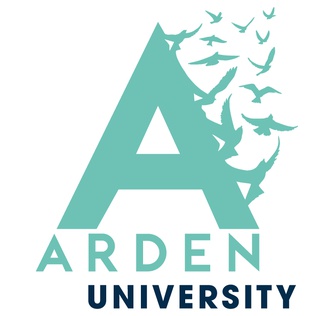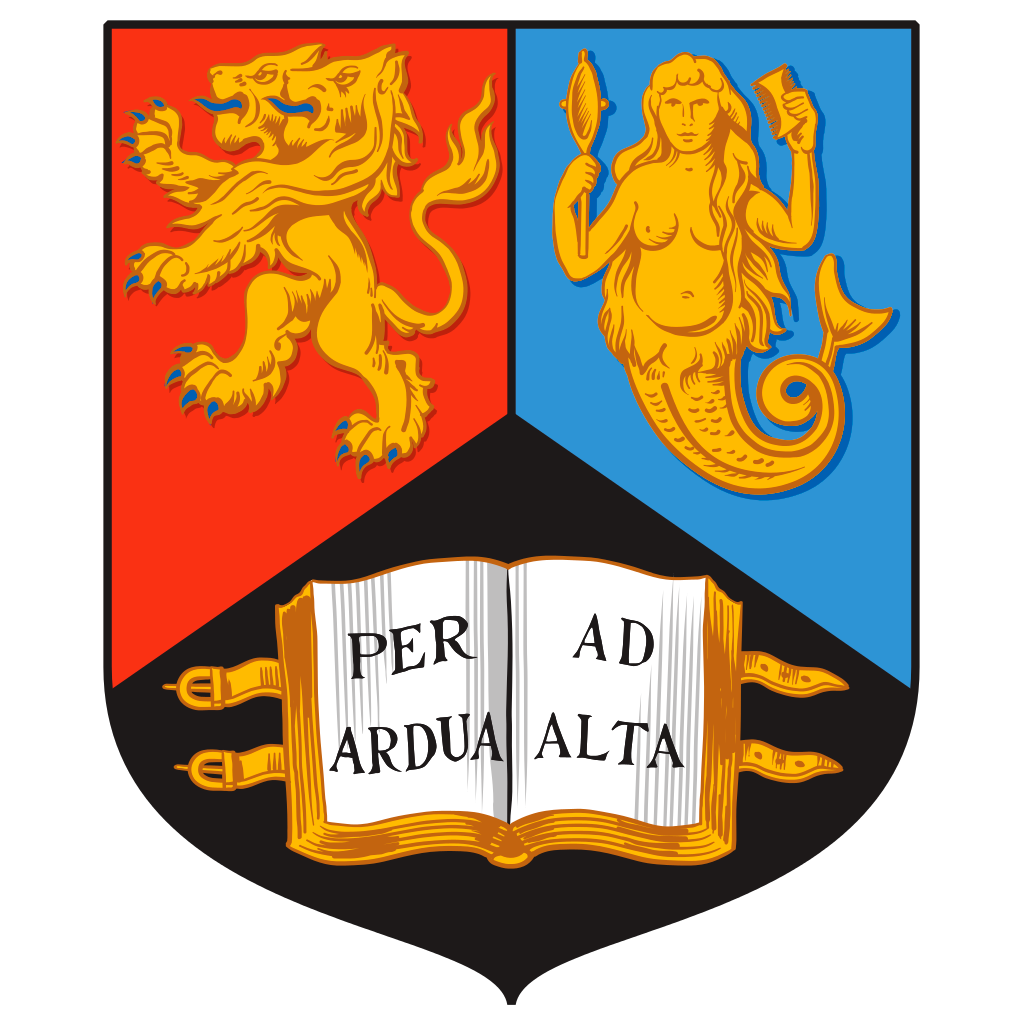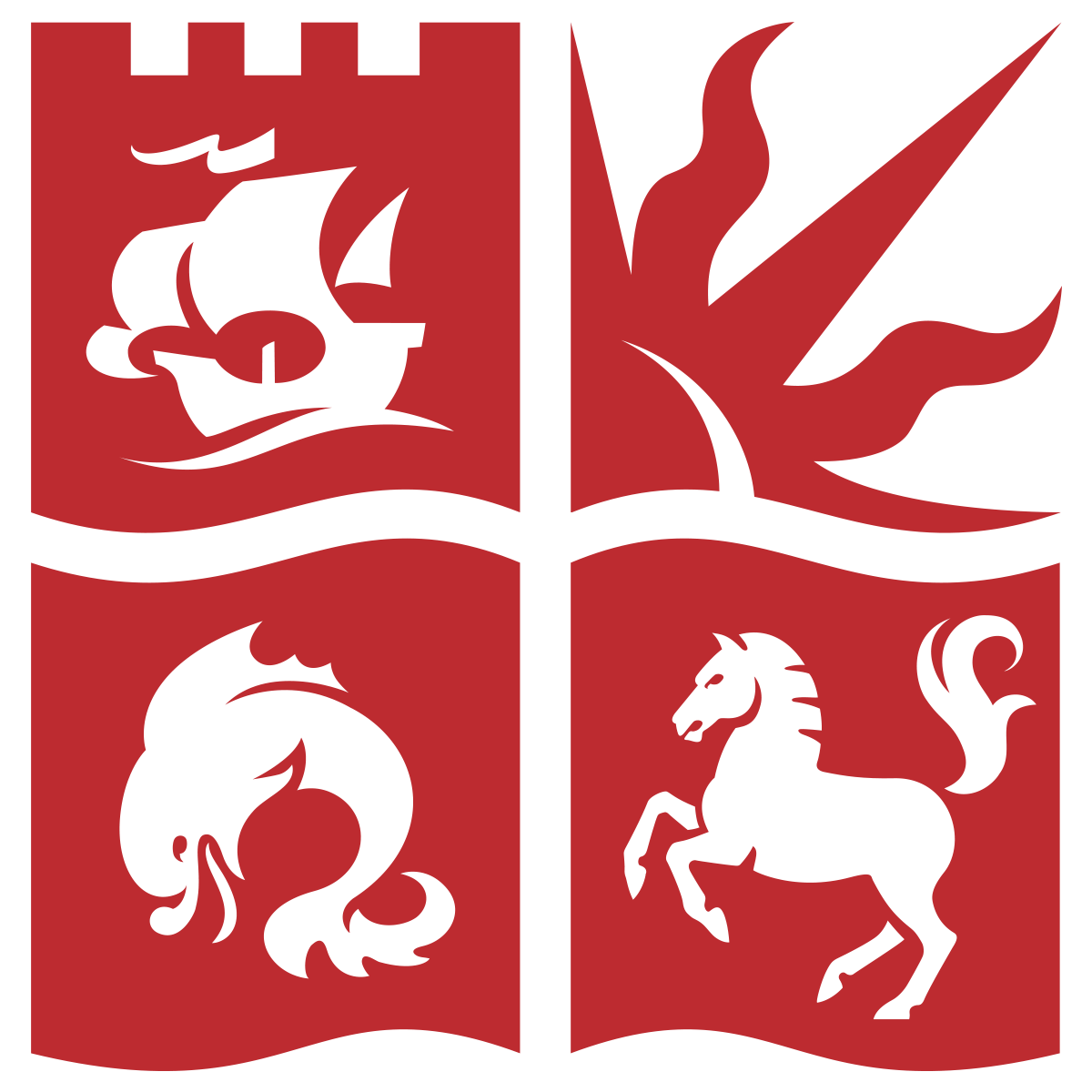📖Program Curriculum
Year one
Foundations of Transitional Justice
Year: 1
This module aims to equip students to critically engage with the emerging field of transitional justice. Students will relate the dilemmas of societies in transition from violent conflict and/or from authoritarian regimes to the imperatives of international human rights law and international humanitarian law. Students will gain a critical understanding of the political and legal dilemmas that confront societies emerging from conflict and authoritarianism, and will critically reflect upon a wide range of transitional justice mechanisms. They will be invited to apply that legal and structural knowledge to contemporary situations of armed conflict and transition.
Dissertation Research Methods
Year: 1
This module provides a full range of skills which students need to be able to produce rigorous pieces of research as part of their dissertation, and prepare for professional stages and a career in human rights law and/or transitional justice. It attempts to bridge the gap between academic and practical law. The understanding of sources of public international law and study techniques including transferable skills in areas such as performing UN- research and time-management is a fundamentally skill. This understanding can then be applied to help support a practical approach to learning.
Foundations of International Human Rights Law
Year: 1
The module will enable the student to master the complex and specialised area of international human rights law. Students will be encouraged to develop an in-depth critical understanding of both the content of international human rights standards and the various means by which they are enforced. It will act as a foundational basis which will enable learners to study issues in greater detail in subsequent modules. These have been developed in response to the growth of new areas of interest in international human rights law. The aim will be to provide students with a degree that reflects contemporary international human rights law and enables them to make good use of the expertise of staff.
Dissertation
Year: 1
This module allows students to apply the research skills acquired and explore the issues broached in the taught modules, by conducting an effective critical investigation of an area of concern or interest in human rights law and transitional justice, and to write a report on that investigation.
Using Film for Human Rights Research and Advocacy
Year: 1
This module is optional
This module will examine the role of documentary film in advocacy and activism; the range of films that have been used human rights research and advocacy; and the practical challenges of using film to raise awareness of the need for a human rights investigation or policy change, including ethical considerations, managing expectations, the campaigning process, and budgeting.
Gender, Conflict and Transition
Year: 1
This module is optional
This module provides an introduction to issues of gender in transitional justice. The module focuses on the evolving legal treatment of harms against women in situations of conflict under international law. In addition, non-prosecutorial responses to such harms, such as truth commissions and reparations programmes, are considered.
Memory, Transition and Conflict
Year: 1
This module is optional
`Memory, Conflict and Transition' is an optional module which seeks to encourage socio-legal and social science analyses surrounding the out-workings of political violence in transitional societies with the emphasis on divided societies. Key issues will include the legitimisation of political violence, the construction of victim hierarchies, theories of social memory, collective memory and conflict resolution and political transformation, and the interplay between memory, identity and conflict in transitional societies. The module will also advance knowledge in a developing pillar of transitional justice policy making and academic analysis, the use of commemoration and memorialisation.
Economic, Social and Cultural Rights
Year: 1
This module is optional
Day 1. ESCRs: Nature, Concepts and Measurement
Session one: On the Nature of ESCRs
Session two: Progressive Realization of ESCRs: Concept and Measurement
Day 2. Domestic and Regional Protection of ESCRs
Session one: ESCRs in Domestic Legal Systems
Session two: ESCRs in Regional Human Rights Systems
Day 3. Selected Substantive ESCRs
Session one: The Right to Health
Session two: The Right to Work and Education
Equality Law
Year: 1
This module is optional
This module introduces the students to core principles of equality law, with a focus upon the law of Northern Ireland but in the context of British, European, comparative constitutional and international law. It examines a spectrum of non-discrimination and equality law concepts and their enforcement over the key grounds and considers the future development of equality law.
Transitions from Conflict: Law and Politics
Year: 1
This module is optional
This module explores the ways law is politicised and the rule of law is (re)introduced to political life during transitions from conflict. It analyses the often competing political factors that influence international and national post-conflict law formation, in the forms of UN Security Council resolutions, international conventions, peace agreements and transitional constitutions to deal with legacies of mass violence. In addition, the module considers the extent to which legal actors, such as legislators, judges and lawyers, are influenced by political factors. This course complements the core Foundations of Transitional Justice module.
Transitional Justice in Comparative and Regional Perspectives
Year: 1
This module is optional
This module gives students the chance to explore how the myriad conceptual, legal, social and political challenges of truth, justice, reparations, reconciliation and memory interact and play out 'on the ground' in a particular region or set of countries around the world. Techniques of comparative and case study methodology drawn from social science as well as law are explored and then applied, to allow development of critical insight alongside in-depth specialist knowledge of one region or set of cases. The differences between post-authoritarian, post-conflict and ongoing conflict transitional challenges, the relationship between global and local TJ dynamics, the articulation of regional with national and international legal and political institutions, the bottom-up, civil society-driven nature of much transitional justice change, and the importance of contextual knowledge and historical, including post-colonial, sensibility for today's transitional justice scholar and practitioner will all be emphasised. This module will focus, in any given year, on one of: Latin America/ Africa/ Europe/ the Middle East
International Humanitarian Law in Transitional Justice Contexts
Year: 1
This module is optional
This module considers the international law rules which govern whether and when States are entitled to use armed force, including the prohibition of the use of force contained in the UN Charter as well as the exceptions to that prohibition. In particular, we will examine the arguments on the legitimacy of humanitarian intervention and the responsibility to protect doctrine. The main part of the course examines the law that applies during an armed conflict. We begin by considering the distinction between the law applicable to international armed conflicts and that applicable to non-international armed conflicts. In this part of the module, we will gain an overview of the "Geneva law" relating to the humanitarian protection of victims of armed conflict and the "Hague law" relating to the means and methods of warfare. In particular, we will examine the distinction between combatants and civilians and the obligation to protect civilians.
Show less🏠 Accommodation
You will need to book the accommodation after you have been accepted.
You can choose to live on campus or off campus in private accommodation.
How to book:
- Make a booking online after you have been accepted (in this case please let us know your choice when you apply).
- Register when you arrive - its not possible to reserve a room before arriving. You can arrive a few days before and book it
💰 Fees
Application Fee:
237 RMB
Tuition fee:
17,730 GBP per year
35,460 GBP in total
❓✅❌ Entry Requirements
The minimum age is 18.
English fluency is required.
You need to be either:
- A native English speaker
- Studied in English at high school or a degree
- Have passed IELTS level 6.5 or TOEFL 95 or above.
Minimum education level: Bachelor's.
The program is competitive, you need to have a high grades of Average A, 70%, or a high GPA.
All students from all countries are eligible to apply to this program.
Or see the list of programs you are eligible for here .
📬 Admissions Process
3 Steps to Apply to a University
Please choose the programs here , "You are advised to select 2-3 programs to increase your chances of getting accepted.
Required Documents:
- Passport
- Graduation certificate
- Passport size photo
- Official transcript
- Personal statement
- English certificate (You can take the English test online)
- Guarantor letter
- 2 Recommendation letters
Preparing documents:
You can start your application now and send the application documents during your application. Some documents you can send later if you don’t have them right away. Some more info about preparing application documents is here
Application process:
Applying Online is simple in just a few steps. More information is available here.
The first steps are to choose the programs, pay the application fee and upload the application documents.
Once submitted to Global Admissions, we will review your application within 2-3 days and proceed to the university or ask you for further clarification
After it has been processed to the university you will receive your unique application ID from each university.
The university may contact you directly for further questions.
We will then follow up each week with the university for updates. As soon as there is any update we will let you know. If you have made other plans, decide to withdraw / change address at any time please let us know.
After you have been accepted you will receive your admissions letter electronically and asked to pay the non-refundable deposit to the university.
Once you have paid the deposit the university will issue you the admissions letter and visa form to your home country.
Show less❓ Have a Question?
There are no similar questions. Please send us your question below














